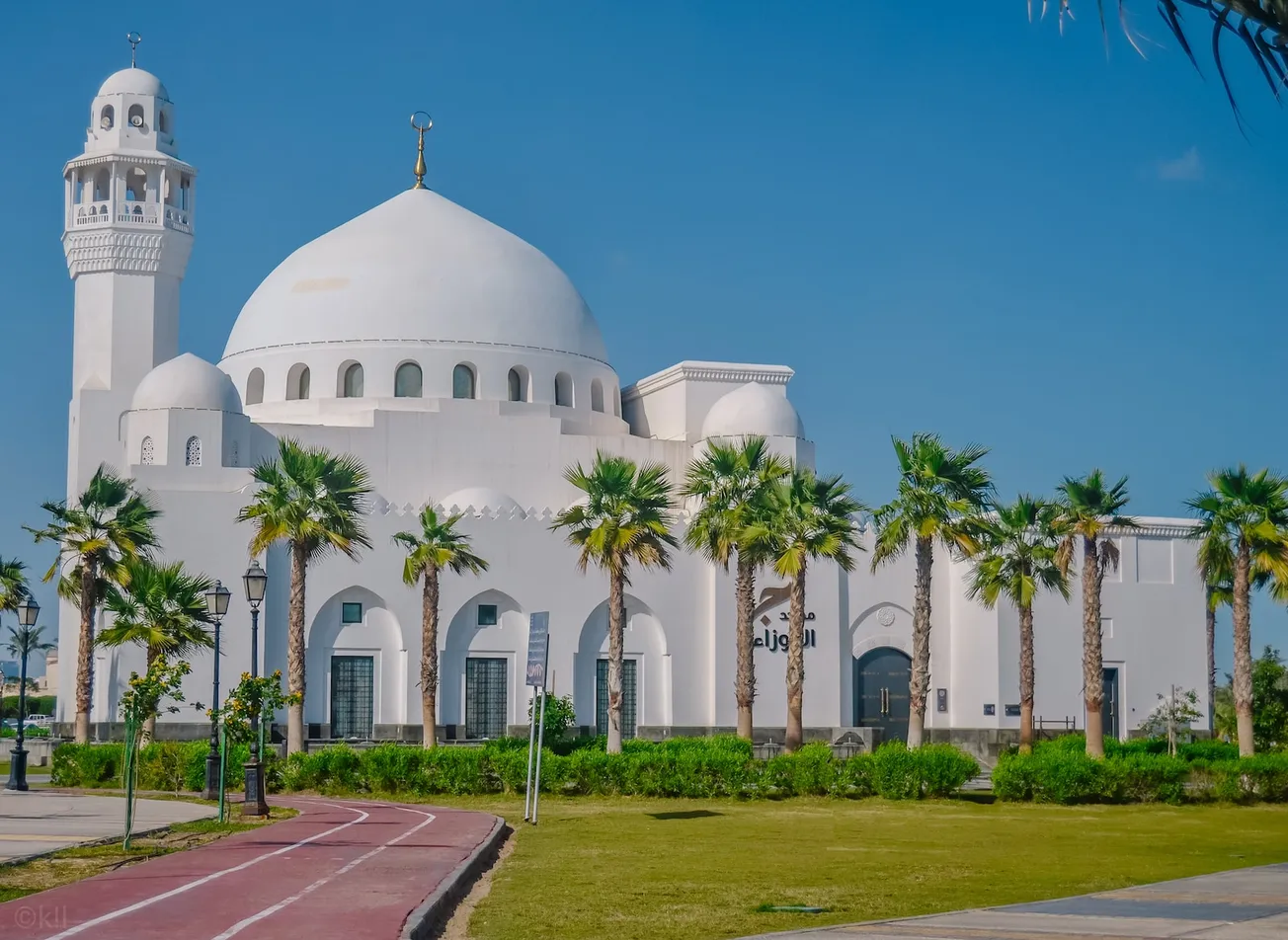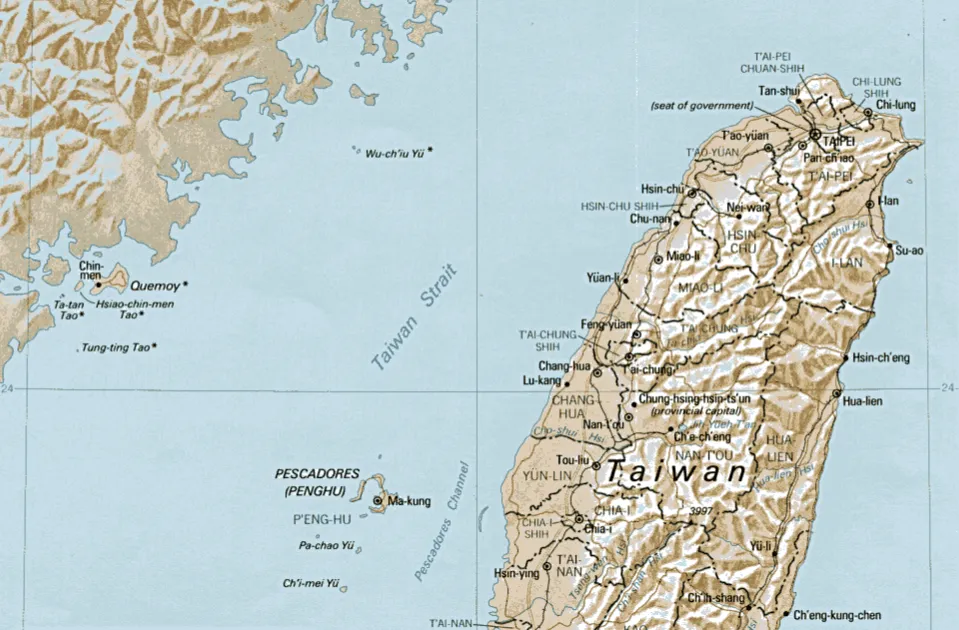Table of Contents
One of the most remarkable achievements of the Trump presidency was the Abraham Accords. Under the mediation of President Trump, Israel achieved previously unthinkable normalisations of diplomatic relationships with a string of formerly hostile Arab nations. Starting with the United Arab Emirates, eventually Bahrain, Morocco and Sudan got on board.
At the time, Saudi Arabia left open the option of joining, as well. Now, desperate for a policy win to take to the 2024 election, the Biden administration is begging them to make good.
Biden is purportedly willing to pay a high price, including offering Riyadh a North Atlantic Treaty Organisation (NATO)-level mutual security treaty that would enjoin the US to come to Saudi Arabia’s defence if attacked, high-tech weapons sale and allowing the Saudis to develop a nuclear programme.
Middle East Monitor
What is it with Democrat presidents and handing fundamentalist Islamic states the keys to the nuclear club?
Still, it looks like that’s where we’re headed.
The US and Saudi Arabia have agreed on the broad contours of a deal for Saudi Arabia to recognize Israel in exchange for concessions to the Palestinians, US security guarantees and civilian nuclear help, according to US officials.
US officials expressed cautious optimism that, in the next nine to 12 months, they can hammer out the finer details of what would be the most momentous Middle East peace deal in a generation. But they warned that they face long odds.
Wall Street Journal
Not least of which is the left’s obsession with the world’s leading Jew-haters, the Palestinians.
Saudi-Israel normalisation will not succeed if the plight of the Palestinians is ignored, US Democrat senators have warned as talk of a possible landmark three-way deal between Washington, Riyadh and Tel Aviv gathers pace. Democratic Senators Chris Van Hollen and Tim Kaine have stated that the occupation of Palestine must feature prominently in any potential deal brokered by US President Joe Biden.
For all the fine talk about ‘Arab unity’, though, it looks very much like the Saudis will happily throw the Palestinians under a bus to get what they want.
Though the Saudis have repeatedly stressed that normalisation with Israel will only progress on the condition Israel ends its occupation, it’s not clear what Crown Prince Mohammed Bin Salman would do if the Biden administration were ready to pay such a high price. It’s claimed that Bin Salman is not too concerned about the Palestinian issue and is ready to reach an agreement if Washington is prepared to meet his demands. Israel has also claimed that normalisation with Saudi Arabia isn’t linked to concessions for Palestinians.
Middle East Monitor
Saudi officials have dwindling patience for uncompromising and divided Palestinian leaders with limited popular support. But as home to two of the most important holy sites in Islam, Saudi Arabia is looking to secure a meaningful concession from Israel to fend off criticism from rivals in Iran and Turkey looking to accuse the kingdom of quashing Palestinian dreams of an independent state.
To be fair, though, it doesn’t appear to be all about Joe having something to showcase at the election.
And while US officials say that Biden has yet to decide what price he is willing to pay, the president’s focus on the deal is a reflection of his view that America has to remain a central player in the Middle East to contain Iran, isolate Russia for its war in Ukraine and thwart efforts by China to supplant Washington’s interests in the region […]
In exchange for US concessions to Saudi Arabia, the Biden administration is seeking assurances from Saudi Arabia that it will distance itself – economically and militarily – from China, say US officials.
The officials said the US could seek assurances from Saudi Arabia that it won’t allow China to build military bases in the kingdom – an issue that has become a sore point between the Biden administration and United Arab Emirates. Negotiators could also seek limitations on Saudi Arabia using technology developed by China’s Huawei and assurances that Riyadh will use US dollars, not Chinese currency, to price oil sales, they said. The US also is expected to look for ways to end the feud over oil prices driven by Saudi Arabia’s repeated production cuts.
The Israelis are watching developments with caution.
Benjamin Netanyahu has made it clear that he is willing to make only modest concessions to the Palestinians, and even those could face opposition from his hard-line coalition partners who want to annex Israeli-occupied Palestinian land in the West Bank.
Israeli officials have also expressed concerns about Saudi Arabia’s quest to develop its nuclear-energy program, something they see as a dangerous acceleration of the regional nuclear arms race.
Wall Street Journal
After all, as the Iranians know only too well, when a gormless Democrat president hands you nuclear power technology on a plate, it’s but a short step to getting yourself a bomb.







